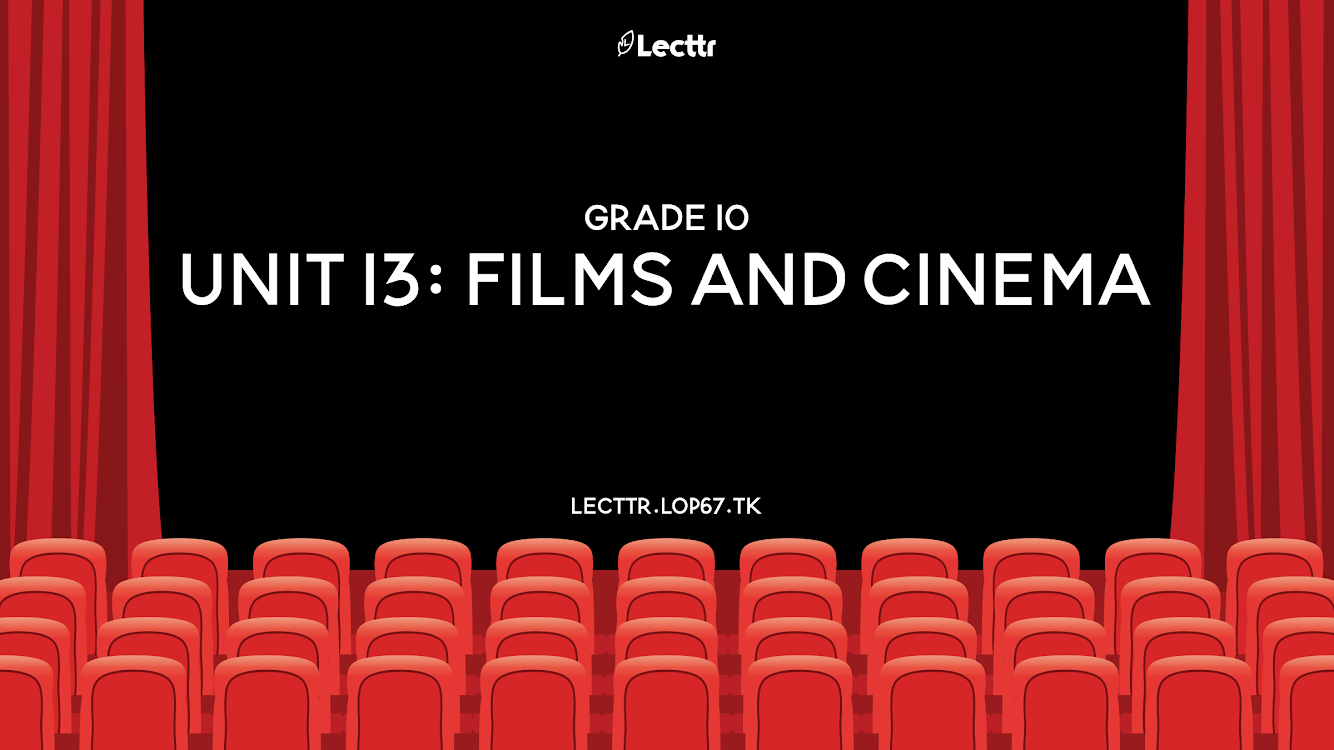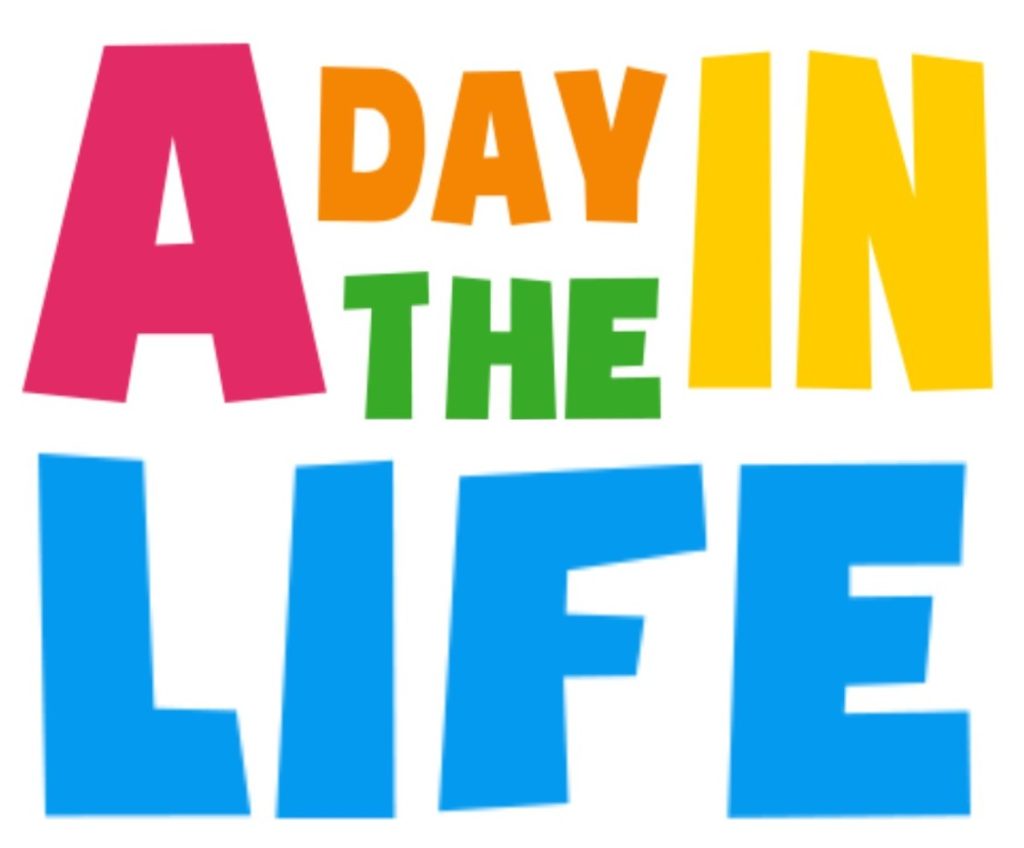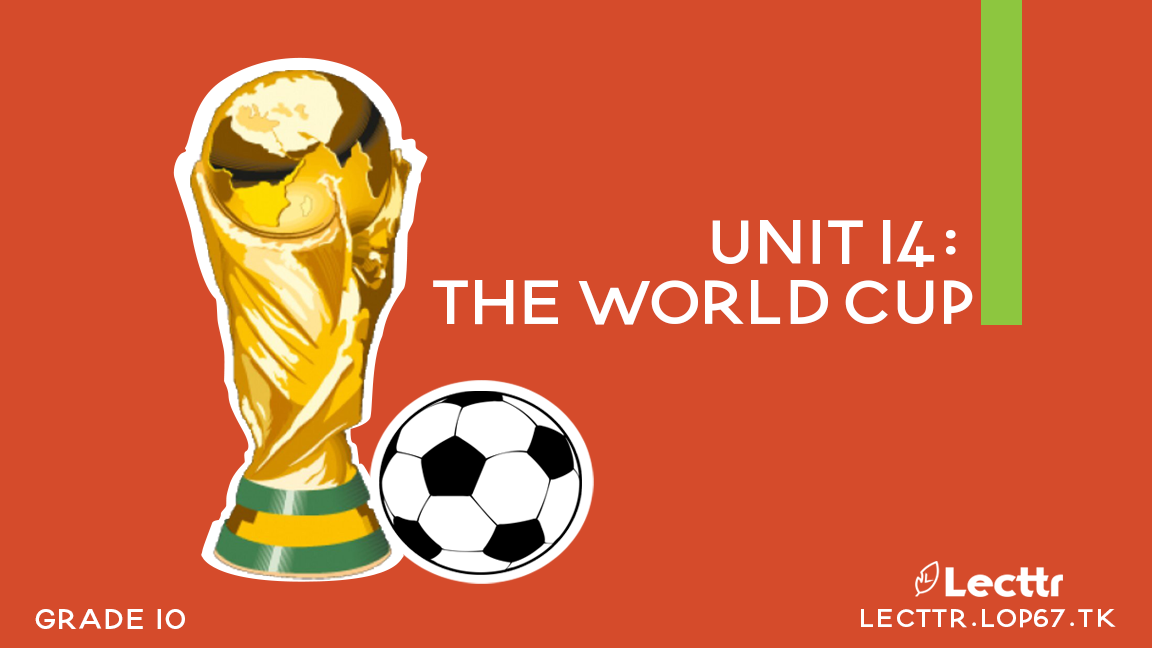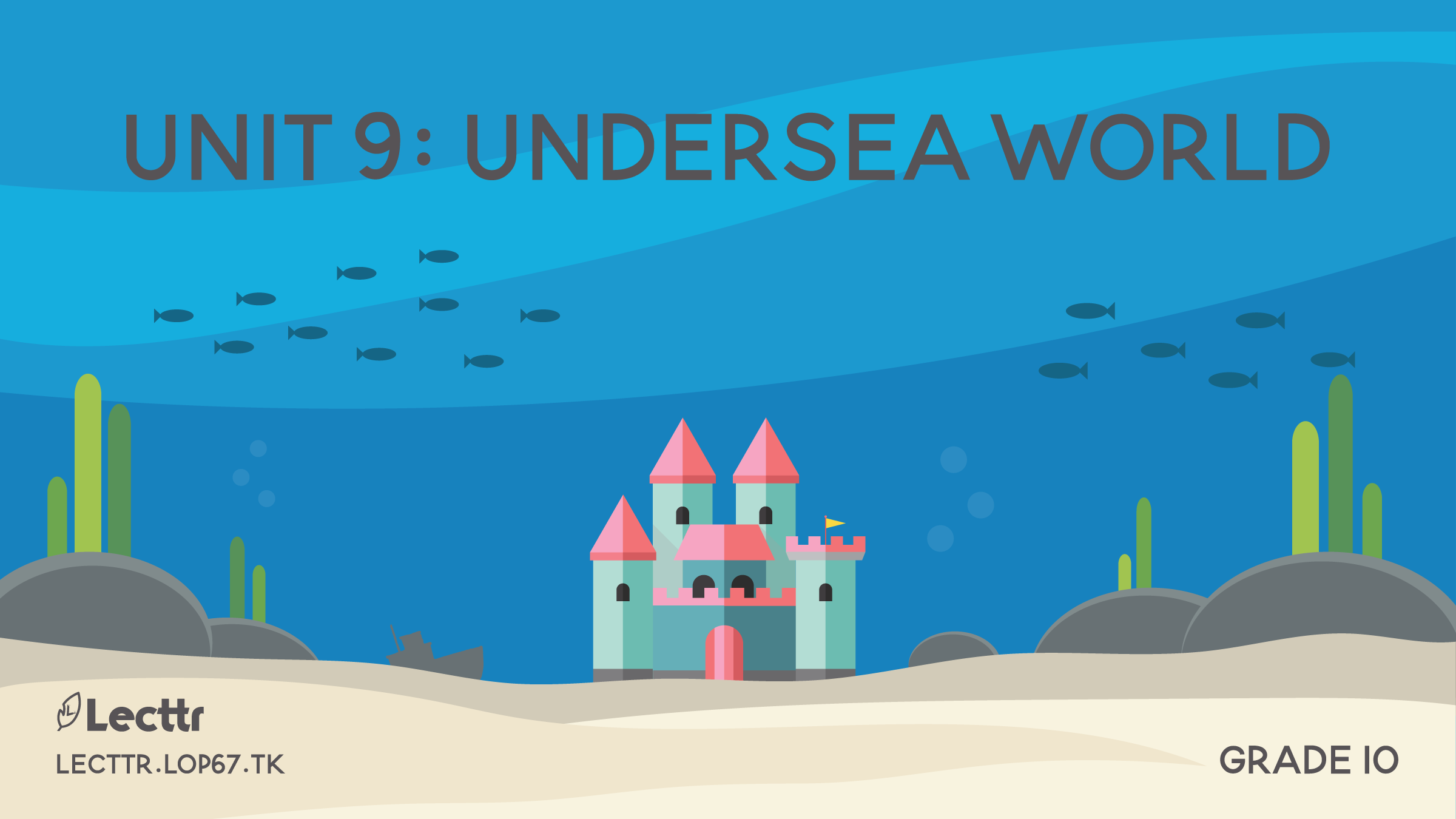Vocabulary
- the mass media: Phương tiện truyền thông đại chúng
– mass /mæs/(n) : số nhiều
– medium [‘mi:diəm] (s.n) :phương tiện truyền thông
– media [‘mi:diə] (pl.n) : thông tin đại chúng
– mass media (n) : phương tiện thông tin đại chúng
– channel [‘t∫ænl] (n) : kênh truyền hình
Ex: SCTV 13 is my favorite channel.
– Population and Development : [,pɔpju’lei∫n] [di’veləpmənt]: dân số và phát triển
– TV series (n) [‘siəri:z]: phim truyền hình dài tập
– folk songs (n) [fouk]: dân ca
– New headlines (n) [‘hedlain] : điểm tin chính
– weather Forecast (n) [‘fɔ:kæ:st] : dự báo thời tiết
– quiz show [kwiz]: trò chơi truyền hình
– portrait of life (n) [‘pɔ:trit]: chân dung cuộc sống
– documentary (n) [,dɔkju’mentri]: phim tài liệu
– wildlife World (n) [‘waildlaif]: thế giới động vật hoang dã
– around the world : vòng quanh thế giới
– adventure (n) [əd’vent∫ə(r)]: cuộc phiêu lưu
– Road of life : Đường đời
– punishment (n) [‘pʌni∫mənt]: sự trừng phạt
– People’s Army (n) [‘a:mi]: Quân đội nhân dân
– drama (n) [‘dra:mə] : kịch
– culture (n)[‘kʌlt∫ə]: văn hóa
– cultural (a) : mang tính dân tộc, mang tính văn hóa
– education (n) [,edju’kei∫n]: sự giáo dục
-> educate (v): giáo dục
– comment (n) : [‘kɔment]: lời bình luận
– comedy (n)[‘kɔmidi] : hài kịch
– cartoon (n) [ka:’tu:n]: hoạt hình
– provide (v)[prə’vaid]: cung cấp
– orally (adv) [‘ɔ:rəli]: bằng lời, bằng miệng
– aurally (adv)[‘ɔ:rəli]: bằng tai
– visually (adv)[‘viʒuəli]: bắng mắt
– Deliver (v) [di’livə]: phát biểu, bày tỏ
– feature (n)[‘fi:t∫ə]: điểm đặc trưng
– distinctive (a) [dis’tiηktiv]: đặc biệt
– in common[‘kɔmən]: chung
– advantage (n)[əd’vantidʒ] : sự thuận lợi
– disadvantage (n) [,disəd’va:ntidʒ]: điều bất lợi
– memorable (a)[‘memərəbl]: đáng ghi nhớ
-> memory(n): ký ức
-> memorize (v): ghi nhớ
– present (v) [‘preznt]: trình bày
-> presentation(n): bài thuyết trình
– effective (a)[‘ifektiv] : hữu hiệu
-> effect (n): ảnh hưởng, hiệu ứng
– entertain (v) [,entə’tein]: giải trí
-> entertainment (n): sự giải trí
– enjoyable (a) [in’dʒɔiəbl]:vui thích
-> enjoy (v): tận hưởng, vui thích
-> enjoyment (n): sự tận hưởng
– increase (v) [in’kri:s]: tăng thêm
– popularity (n)[,pɔpju’lærəti]: sự phổ biễn
-> popular (a):phổ biến
->popularize(v): làm phổ biến
-> population (n): dân ss
– aware ( + of ) (a) [ə’weə]: nhận thấy
– global (a)[‘gləubl]: toàn cầu
– responsibility (n)[ris,pɔnsə’biləti]: trách nhiệm
-> response (v): trách nhiệm
– passive (a) [‘pæsiv]: thụ động
– brain (n)[brein] : não
– encourage (v) [in’kʌridʒ]: khuyến khích
– violent (a)[‘vaiələnt]: hung tợn, bạo lực
-> violence (n): bạo lực
– interfere (v)[,intə’fiə]: can thiệp vào, xen vào
– communication (n)[kə,mju:ni’kei∫n]: sự thông tin
-> communicate (v): giao tiếp
– destroy (v) [dis’trɔi]: phá hủy
-> destruction (n): sự phá hủy
– Statue of Liberty (n) [‘stæt∫u:][‘libəti]: tượng nữ thần tự do Mỹ
– quarrel (v)[‘kwɔrəl]: cãi nhau
– cancel (v)[‘kænsəl] : hủy bỏ
– appointment (n) [ə’pɔintmənt]:cuộc họp, cuộc hẹn
– manage (v) [‘mænidʒ]: trông nom , quản lý
– council (n) [‘kaunsl]: hội đồng
– demolish (v)[di’mɔli∫]: phá hủy
– shortage (n) [‘∫ɔ:tidʒ]: sự thiếu hụt
READING
BEFORE YOU READ
Work with a partner. Ask and answer the following questions.
(Làm việc với bạn cùng lớp. Hỏi và trả lời các câu hỏi sau.)
- When do you often watch TV?
- How many channels are there on our national TV?
- How many hours per week do you watch TV?
Hướng dẫn làm :
- I often watch TV in the evening.
- There are about ninety channels.
- I usually watch TV about ten hours per week.
Tạm dịch:
- Bạn thường xem TV khi nào ?
=> Tôi thường xem TV vào buổi tối.
- Có bao nhiêu kênh trên TV quốc gia của chúng ta?
=> Có khoảng 90 kênh.
- Bạn xem TV bao nhiêu giờ mỗi tuần?
=> Tôi thường xem TV khoảng 10giờ mỗi tuần.
WHILE YOU READ
Look at some popular programmes, and then do the tasks that follow.
(Nhìn vào vài chương trình phố biến, và sau đó làm bài tập theo sau.)
Dịch bài:
|
VTV1 05:35 : Thể dục buổi sáng 06:30 : Dân số và Phát triển 07:20 : Phim hoạt hình : Cuộc phiêu lưu của Chú Vịt Donald 08:00 : Phim truyện : Đường đời 09:00 : Tin tức 09:15 : Phim : Khi những chú chim trở về 10:15 : Hài kịch : Những bí mật của gia đình 11:00 : Nhạc 12:00 : Tin tức 15 phút 13:00 : Phim : Vẻ đẹp của cuộc sống 14:20 : Quân đội nhân dân 16:15 : Phim : Hình phạt 19:00 : Tin tức Thời sự 20:00 : Bình luận thể thao 21:30 : Dân ca 23:00 : Tin tức nổi bật 23:30 : Dự báo thời tiết |
|
VTV2 15:15 : Thế giới động vật hoang dã 17:00 : Vòng quanh thế giới 18:30 : Phim tài liệu khoa học 19:00 : Bình luận kinh doanh 20:00 : Học tiếng Anh qua bài hát |
|
VTV3 07:30 : Chương trình đố vui 09:1.5 : Sân khấu : Trái tim bị đánh cắp 10:00 : Âm nhạc cho thiếu nhi 11: 30 : Chân dung cuộc sống 12:00 : Phim : Hố sâu trong thành phố 14:30 : Sân khấu: Đời tôi 15:15 : Phim tài liệu : Bản chất của ngôn ngữ 16:00 : Văn hóa và Giáo dục 19:00 : Tin tức Thời sự 20:00: Thể thao 21:30: Phim : Những người khách của dân tộc 23:00 : Bóng đá : Liverpool với West Ham |
Task 1: The words in A appear in the reading passage. Match them with their definitions in B.
(Những từ ở cột A xuất hiện ở bài đọc. Ghép chúng với định nghĩa ở cột B.)
|
A |
B |
|
1. cartoon |
a. a play for the theatre, television or radio |
|
2. drama |
b. a film or a television programme giving facts about something |
|
3. comedy |
c. a film made by photographing a series of changing drawings |
|
4. documentary |
d. a film or a play that is intended to be funny, usually with a happy ending |
Hướng dẫn làm :
- c 2. a 3. d 4. b
Task 2: Decide whether the following statements are true (T) or false (F). Correct the false statements.
(Xác định xem những phát biểu sau là đúng(T) hay sai (F). Sửa thông tin sai.)
|
|
T |
F |
|
1. There are five news programmes on the three channels. |
|
|
|
2. There is a comedy programme on between 10:15 and 11: 00 |
|
|
|
3. The Nature of Language is a documentary programme at 15:15 on VTV2. |
|
|
|
4. The film Punishment is shown at 4:15 p.m. on VTV1. |
|
|
|
5. VTV1 starts at 5:35 and ends at 23:30. |
|
|
Hướng dẫn giải:
|
F |
||
|
1. There are five news programmes on the three channels. |
x |
|
|
2. There is a comedy programme on between 10:15 and 11: 00 |
x |
|
|
3. The Nature of Language is a documentary programme at 15:15 on VTV2. |
|
x |
|
4. The film Punishment is shown at 4:15 p.m. on VTV1. |
x |
|
|
5. VTV1 starts at 5:35 and ends at 23:30. |
x |
|
Sửa câu sai:
- The Nature of Language is a documentary programme at 15:15 on VTV2.
⟹ The Nature of Language is the documentary programme at 15:15 on VTV3. It’s an educational programme.
Task 3: Work in pairs. Ask and answer the following questions.
(Làm việc từng đôi. Hỏi và trả lởi câu hỏi sau.)
- How many films are on?
- What time can you watch the news?
- Which chanel do you recommend to someone who like animals?
- What programme is on on VTV3 at 7:30?
- Which channel will you watch if you like folk songs?
- What is the last programme on VTV3 ?
Hướng dẫn giải:
- Five films are on.
- I can watch the news at 9:00, 12:00 noon; 19:00 and 23:00 on VTV1 and at 19:00 on VTV3.
- VTV2
- The programme on VTV3 at 7:30 is the “Quiz Show”.
- You should watch VTV1 at 21:30.
- The last programme on VTV3 is the “Football”
AFTER YOU READ
Work in pairs. Tell your partner about one of the TV programs you like watching best and explain why.
(Làm việc từng đôi. Hãy kể cho bạn cùng học với em về một trong những chương trình truyền hình em thích xem nhất và giải thích tại sao.)
Hướng dẫn giải:
Task 2: Work in pairs Work out when feature(s) the types of the mass media have in common and what main feature(s) each of them has. Use the cues below.
(Làm việc theo cặp. Vạch ra những đặc điểm chung của các loại phương tiện truyền thông đại chúng và những nét chính của mỗi loại.)
- provide information and entertainment orally (through mouth)
- receive information aurally (through ears)
- present information and entertainment visually (through eyes)
- receive information visually (through eyes)
- present information and entertainment orally (through mouth) and visually (through eyes)
- get information aurally (through ears) and visually (through eyes)
- provide / deliver information and entertainment
Hướng dẫn giải:
|
The mass media |
– provide/ deliver information and entertainment |
|
Radio |
– provide information and entertainment orally (through mouth) – receive information aurally (through ears) |
|
Fimls |
– present information and entertainment visually |
|
Newspaper |
– present information and entertainment visually (through eyes) – receive information visually (through eyes) |
|
Television |
– present information and entertainment orally (through mouth) and visually (through eyes) – get information aurally (through ears) and visually (through eyes) |
|
Internet |
– provide, deliver or get information and entertainment visually and aurally. |
– TV presents information and entertainment visually and we receive them through our eyes.
– Films present information and entertainment visually.
– The Internet provides, delivers us information and entertainment and we can get them through our eyes and ears.
Task 3: Work in groups. Talk about different types of the mass media. Answer the following questions.
(Làm việc theo nhóm. Nói về những loại phương tiện truyền thông đại chúng khác nhau. Trả lời các câu hỏi sau.)
- What are different types of the mass media?
- What feature(s) do they have in common?
- What are their distinctive features?
Hướng dẫn giải:
- The different types of the mass media are the types which provide information and entertainment orally, aurally and visually, that is we receive or get the information and entertainment through cars, eyes or mouth.
- The feature these types of the mass media have in common is they provide and deliver information and entertainment to people.
- The radio provides information and entertainment orally and through the radio, we can get information and entertainment.
– The television gets and provides information and entertainment visually and aurally.
– The Internet provides, delivers and gets information and entertainment visually and aurally.
– Newspapers and magazines provides information and entertainment visually. They receive information orally and visually.
– Films provides us information and entertainment visually and aurally.
ion.
(Viết về những lợi ích và bất lợi của truyền hình).
Task 1: Read about the advantages and disadvantages of television below.
(Đọc những lợi ích và bất lợi của truyền hình dưới đây.)
|
Advantages of television |
Disadvantages of television |
|
● Television helps us to learn more about the world and to know and see many new things. ● Television can make things memorable because it presents information in an effective way. ● It entertains us. Watching it is an enjoyable way to relax. ● It increases the popularity of sports and games. ● It makes us aware of our global responsibilities. |
● Television can make us passive. We don’t have to think so our brains become lazy. ● It encourages us to buy things that we don’t need. ● It takes time away from activities such as reading and games. ● Some television programmes may make people violent. ● Television interferes with family life and communication. |
Tạm dịch:
|
Lợi ích của truyền hình |
Tác hại của truyền hình |
|
– Truyền hình giúp chúng ta biết nhiều hơn về thế giới, biết và thấy được nhiều điều mới mẻ. – Truyền hình có thể làm cho mọi điều dễ nhớ vì nó diễn đạt thông tin một cách có hiệu quả. – Nó giúp chúng ta giải trí. Xem tivi là cách thư giãn thú vị. – Nó quảng bá các môn thể thao và trò chơi. – Nó giúp ta ý thức được trách nhiệm của mình với thế giới. |
– Truyền hình làm chúng ta thụ động. Chúng ta không cần phải suy nghĩ nên bộ não của chúng ta trở nên lười biếng. – Nó khuyến khích chúng ta mua những thứ mà chúng ta không cần. – Nó chiếm hết thời gian của các hoạt động như đọc sách và trò chơi. – Một số chương trình truyền hình có thể làm cho người ta trở nên hung dữ. – Truyền hình cản trở cuộc sống gia đình và giao tiếp. |
Task 2. Work in pairs . Discuss the advantages and disadvantages of the mass media, and write them down in the columns below.
(Thảo luận các lợi ích và tác hại của phương tiện truyền thông đại chúng, và ghi chúng vào các cột dưới đây.)
|
|
Advantages |
Disadvantages |
|
Radio |
|
|
|
Newspapers |
|
|
|
The Internet |
|
|
Hướng dẫn giải:
Tạm dịch:
|
|
Lợi ích |
Bất lợi |
|
Radio |
– khiến con người vui vẻ – khiến cuộc sống dễ dàng và thú vị hơn – mở mang tri thức – ảnh hưởng lớn đến cách suy nghĩ và hành động của con người |
– khiến con người trở nên lười |
|
Báo |
– mang đến tất cả thông tin, gia đình và nước ngoài, cho con người – mọi người có thể chia sẻ quan điểm/kinh nghiệm – mở rộng hiểu biết và kiến thức – ảnh hưởng đến cách con người nghĩ và sống |
|
|
Internet |
– truy cập nhanh tới giải trí và thông tin – mở rộng hiểu biết và kiến thức – mọi người có thể chia sẻ quan điểm/kinh nghiệm – khiến cuộc sống dễ dàng và thú vị hơn – khiến mọi người vui vẻ thoải mái |
– tốn tiền và thời gian – gián đoạn nói chuyện của mọi người – khiến con người tiêu cực – làm hại mắt |
- LANGUAGE FOCUS (Ngữ pháp chính)
Pronunciation (Phát âm) /ei / – /ai/ – /ɔɪ/
Grammar (Ngữ pháp)
- The present perfect
- Because of và in spite of
Click tại đây để nghe
- Listen and repeat
(Nghe và nhắc lại)
|
/ei / |
/ai/ |
/ɔɪ/ |
|
play |
time |
voice |
|
today |
wildlife |
noise |
|
radio |
height |
toy |
|
newspaper |
buy |
enjoy |
|
they |
type |
destroy |
- Practise these sentences.
(Luyện tập các câu sau)
- I’m afraid you’ve made a mistake.
- They changed the timetable at the end of April.
- I have ninety-nine pages to type by Friday.
- Would you like to go for a ride with me on Friday?
- This is the noisiest Rolls Royce I’ve ever heard.
- While you’re changing the oil, I’ll go and visit my boy.
Tạm dịch:
- Tôi e rằng bạn đã phạm sai lầm.
- Họ đã thay đổi thời khóa biểu vào cuối tháng Tư.
- Tôi có chín mươi chín trang để đánh máy vào thứ Sáu.
- Bạn có muốn đi xe với tôi vào thứ Sáu không?
- Đây là Rolls Royce ồn ào nhất mà tôi từng nghe.
- Trong khi bạn đang thay dầu, tôi sẽ đi thăm con trai tôi.
Grammar and vocabulary
Exercise 1: Complete the letter, using the present perfect of the verbs in the box.
(Hoàn thành lá thư, sử dụng thì Hiện tại hoàn thành của các động từ trong khung.)
|
Hướng dẫn giải:
- have been 2. has lived 3. have met
- have done 5. have had 6. have taken
- have watched
Tạm dịch:
Gửi Tom,
Tôi đã ở New York! Tôi đã ở đây hai tuần và nó rất thú vị.
Bạn tôi, Nancy (Tôi gặp cô ấy ở London năm 1992.) đã sống ở New York 7 năm, vì thế cô ấy biết mọi thứ về nó. Tôi đã gặp nhiều người và tôi đã làm những gì khách du lịch thường làm. Tôi đã ăn bữa trưa nóng hổi tại thị trấn người Hoa. Tôi đã có chuyến đi đến tượng nữ thần tự do.
Tôi thậm chí đã xem trận bóng trên TV!
Tôi sẽ trở về vào ngày 19.
Gặp bạn sau,
Bob.
Exercise 2: Complete the following sentences, using for, since or ago.
(Điền các câu sau, dùng for, since hoặc ago.)
- Lan and Minh have lived in Ho Chi Minh City______1999.
- Hoa and Quan quarreled with each other some time_______ .
- The house is very dirty. We haven’t cleaned it______ ages.
- We haven’t had a good meal______three weeks.
- ______ Christmas, the weather has been quite good.
- They have known each other______a long time.
- They first met a long time_______.
- They arrived home ten minutes_______.
- It’s two years_______ I last saw Quoc Anh.
- How long is it_______you last saw Linda?
Hướng dẫn giải:
- since 2. ago 3. for 4. for
- Since 6. for 7. ago 8. ago
- since 10. since
Tạm dịch:
- Lan và Minh đã sống ở Thành phố Hồ Chí Minh từ năm 1999.
- Hoa và Quân đã cãi nhau một thời gian trước đây.
- Ngôi nhà rất bẩn. Chúng tôi đã rất lâu không lau sạch nó.
- Chúng tôi đã không có một bữa ăn ngon trong ba tuần.
- Kể từ Giáng sinh, thời tiết khá tốt.
- Họ đã biết nhau trong một thời gian dài.
- Họ gặp nhau lần đầu tiên từ rất lâu.
- Họ về nhà mười phút trước.
- Đã hai năm kể từ lần cuối tôi gặp Quốc Anh.
- Đã bao lâu kể từ lần cuối bạn nhìn thấy Linda?
Exercise 3: Complete the following sentences, using the information in the box.
(Điền các câu sau, dùng thông tin trong khung.)
|
- Because of the cold weather __________
In spite of the cold weather___________
- Because of his illness_______________
In spite of his illness _______________
- Because of the large crowds__________
In spite of the large crowds___________
- Because of the meat shortage_________
In spite of the meat shortage__________
- Because of the bad condition of the house _______
In spite of the bad condition of the house _______
Hướng dẫn giải:
- c – f 2. b – d 3. a – e
- h – j 5. i – g
Tạm dịch:
- Vì thời tiết lạnh, chúng tôi đã giữ lửa cả ngày.
Mặc dù thời tiết lạnh, tất cả chúng tôi đều mặc quần short.
- Vì bệnh của mình, anh phải hủy cuộc hẹn.
Bất chấp bệnh của mình, anh đã đến trường.
- Bởi vì đám đông, chúng tôi không thể nhìn thấy những gì đang xảy ra.
Bất chấp đám đông, có đủ chỗ cho mọi người.
- Do thiếu thịt, mọi người đều sống bằng đậu.
Mặc dù thiếu thịt, chúng tôi đã xoay xở để có được thịt bò.
- Do tình trạng xấu của ngôi nhà, hội đồng đã phá hủy nó.
Bất chấp tình trạng xấu của ngôi nhà, họ rất thích sống ở đó.














No Comments
Leave a comment Cancel